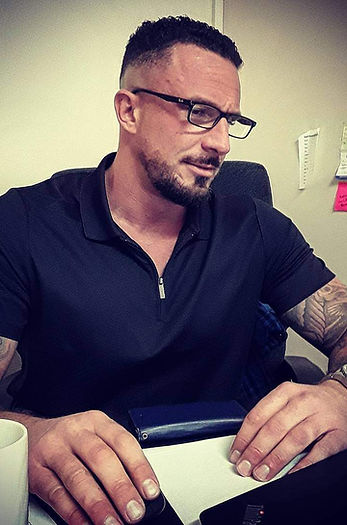Contact us for more information 604-807-6506
jn.lostandfound@gmail.com

What is Addiction?
The American Society of Addiction Medicine (ASAM) short definition of addiction states:
“Addiction is a treatable, chronic medical disease involving complex interactions among brain circuits, genetics, the environment, and an individual’s life experiences. People with addiction use substances or engage in behaviors that become compulsive and often continue despite harmful consequences.”

One of the common characteristics of addiction is denial. Denial is a defense mechanism which involves a refusal to accept reality, thus blocking external events from awareness. The addicted individual cannot see the significant problems caused by their behaviours, or they believe that they can control or stop the behaviours on their own.
When someone has addiction it adversely affects their family members and loved ones as much as themselves. Loved ones try everything they can think of to help the addicted individual regain their lives, but nothing they do seems to be enough. The family cannot love them enough to get them sober, and their efforts often have the opposite effect, with the addiction continuing and progressing.
They often do not truly understand addiction, and if you do not understand it, how can you support someone in an effective way? Families get stuck on a merry-go-round of misery with their addicted loved one that seems never ending. Someone has to choose to get off of the merry-go-round first, and due to denial, we can usually not expect that to be the addicted individual. The family has to make that decision to jump off. This is where professionally trained Interventionists and Addictions Services come in.

Certified Interventionist
Drug & Alcohol Treatment Specialist
Jonathan Neufeld is a Certified Interventionist, who, with both his own experience of personal recovery from addiction and as an addictions professional, knows what is effective when dealing with addiction. He employs a client centered approach to helping others because Jonathan knows that each family system and each addicted individual are unique. As such, Jonathan collaborates with the family and plans each intervention as a part of a continuum of care, not as a singular event. Jonathan’s approach, from supporting the family in preparation for the intervention, facilitating the addicted individual’s entry into the appropriate level of care (as indicated by the severity of their addiction), case managing their recovery journey and the continued support of the family on an ongoing basis, is designed to ensure the best possible outcomes for all parties.
%20Add%20a%20heading%20(1).png)
